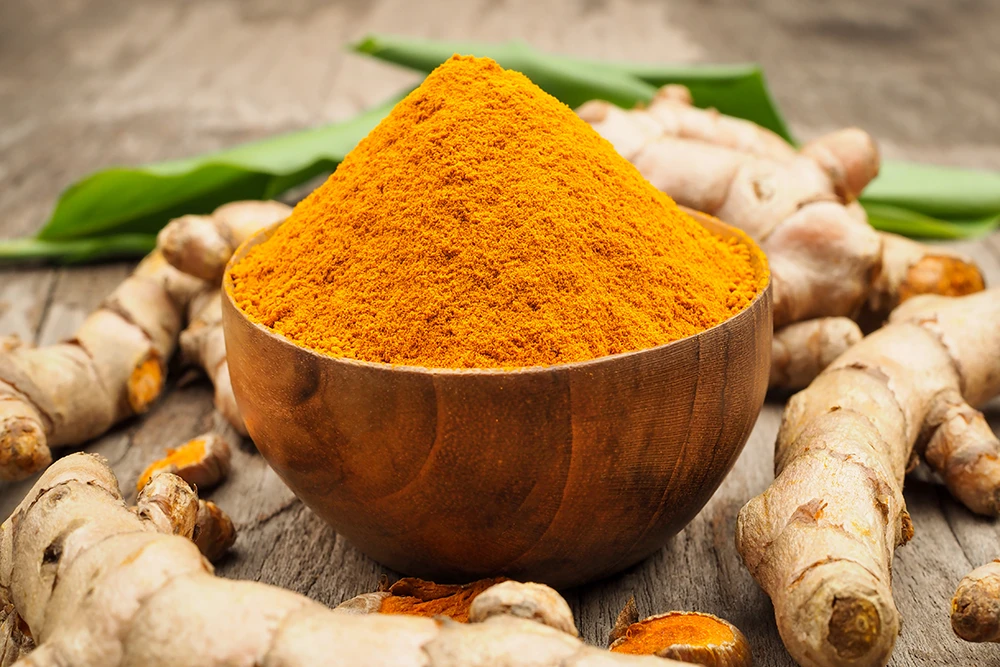Antidepressant and Anti-Cancer: Six Major Benefits and Effects of Turmeric Curcumin

Turmeric is a widely used ingredient and medicinal herb in Asia, yet its numerous health benefits are often overlooked. Curcumin, the primary active compound in turmeric, serves as its main source of nutritional and therapeutic properties. However, curcumin content in turmeric is only about 2% to 6%. Therefore, even consuming large amounts of curry or turmeric powder may not provide sufficient curcumin intake. It is recommended for those in need to opt for turmeric extracts, which have higher curcumin content and better absorption, resulting in more significant health benefits.
Now that we understand how to consume turmeric effectively, let's explore the key health benefits of curcumin:
1. Blood Sugar Control: Multiple studies have found that curcumin may help improve pancreatic cell function, positively impacting blood sugar management. A 2021 systematic review and meta-analysis revealed that curcumin supplementation in type 2 diabetes patients not only improves insulin resistance and fasting blood sugar levels but also reduces triglycerides and total cholesterol in the blood, helping prevent related complications.
2. Cardiovascular Disease Prevention: Research published in journals such as *World Journal of Diabetes* and *Diabetic Care* has shown that curcumin helps regulate blood sugar and lipid levels, and can also aid in controlling blood pressure. These benefits collectively reduce the risks of cardiovascular diseases, including thrombosis, stroke, and myocardial infarction.
3. Antidepressant Effects: Recent studies confirm that depression is associated with decreased levels of brain-derived neurotrophic factor (BDNF) and hippocampal atrophy. Curcumin promotes BDNF production, offering neuroprotective effects. Additionally, curcumin supports the secretion of dopamine and serotonin, two neurotransmitters essential for maintaining a positive mood.
4. Cancer Prevention: Cancer typically occurs when oncogenes are activated, causing cells to proliferate, divide uncontrollably, or metastasize to other parts of the body, eventually forming tumors. Research published in the journal *Nutrients* shows that curcumin supplements can exert anti-cancer effects through multiple pathways, such as inhibiting angiogenesis, slowing cancer cell spread, and promoting apoptosis in cancer cells. This may help prevent breast cancer, lung cancer, prostate cancer, colon cancer, and pancreatic cancer.
5. Alzheimer’s Disease Prevention: With its antioxidant and anti-inflammatory properties, curcumin can cross the blood-brain barrier and help clear protein plaques accumulated in the brain. Its anti-inflammatory effects also prevent neuronal damage, effectively reducing the risk of Alzheimer’s disease.
6. Arthritis Relief: Osteoarthritis is one of the most common forms of arthritis, typically treated with acetaminophen, steroids, or nonsteroidal anti-inflammatory drugs (NSAIDs) to block inflammation and reduce joint swelling, pain, and stiffness. Curcumin, a polyphenolic compound extracted from turmeric, possesses anti-inflammatory properties and can inhibit the release of various pro-inflammatory cytokines, such as TNF-α, IL-1, IL-8, and nitric oxide synthase.